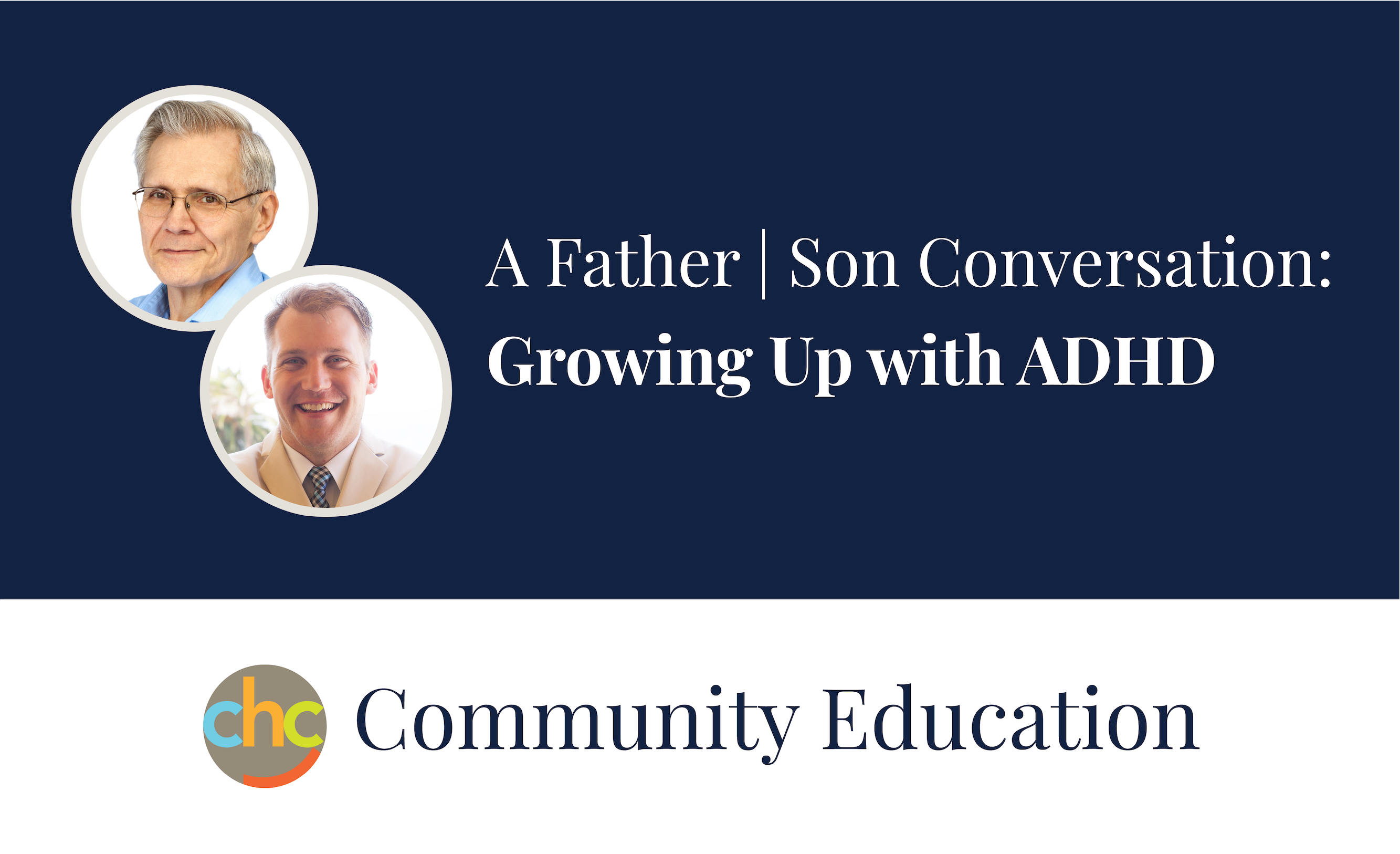ADHD Across the Lifespan
 ADHD is usually diagnosed in children; however, it often persists across one’s lifespan. Learn more about ADHD symptoms at different ages.
ADHD is usually diagnosed in children; however, it often persists across one’s lifespan. Learn more about ADHD symptoms at different ages.
ADHD symptoms in infants
Although ADHD is a neurodevelopmental disorder, virtually nothing is known about its early onset and manifestation during infancy. This is because there is no specific diagnostic test for ADHD at any age, including infancy. During a child assessment for ADHD, parents often report that in infancy their child was “difficult to regulate and manage,” or that the doctors had detected minor neurological problems in preschool years (for example, the child had problems with fine motor coordination).
ADHD in preschool and kindergarten children
Preschool children with ADHD stand out markedly from their non-ADHD peers on a variety of behaviours and abilities. Examples include:
- unable to sit through games, stories, and circle time; may roll around floor or crawl under tables
- seemingly unaware of preschool routines, rules, and expectations, even after several months in school
- failing to meet academic and social expectations of preschool and kindergarten environments
- cognitive weaknesses in working memory, inhibitory control, speed of processing information
- problems in understanding the “instructional language of the classroom” and producing organized and focused spoken responses to teacher’s questions
ADHD in school-age children
Although children with ADHD vary in the severity and types of problems shown at school, they typically stand out from their classmates in many ways. For example, in addition to showing the behavioural symptoms of ADHD, they:
- generally act much younger than their age, despite having average intellectual ability
- talk excessively when they are not supposed to, but may become silent or monosyllabic when called upon by the teacher to respond
- often do not have any close friends or have difficulty reciprocating and sustaining friendships
- typically (but not always) have problems with their school work and homework despite good intellectual abilities
Academic failure is more closely associated with the Inattentive and Combined subtypes of ADHD, whereas the Hyperactive/Impulsive subtype is most often associated with co-occurring oppositional behaviour and conduct problems, but not academic problems.
ADHD in adolescents
Growing evidence indicates that adolescents with ADHD are at significant risk for a number of adverse outcomes compared to their non-ADHD peers, including:
- lower academic achievement
- less formal schooling (they leave school approximately two years earlier)
- higher rates of tobacco use (an adolescent with ADHD is three times more likely to be a daily smoker) and beginning smoking earlier
- substance abuse and antisocial behaviour
- teen pregnancy
- higher rates of adverse outcomes while driving (traffic citations, motor vehicle crashes in which they are at fault)
ADHD in college students
Special education and disability laws in the U.S.A. and Canada have enabled many qualified students with disabilities (such as specific learning disabilities, ADHD, and other psychiatric disorders) to graduate from high school programs and enroll in post-secondary education programs in colleges and universities.
Academic issues may include:
- taking on too heavy a course load, due to problems estimating the multiple demands on one’s time
- poor organization and time management skills
- reading problems resulting from difficulty concentrating and focusing
- poor note-taking or writing skills
Personal issues may include:
- high frustration levels or poor self-esteem
- inappropriate social skills or too much time socializing
- procrastination and problems persevering at a task
- lack of sleep and difficulty getting up in the morning
Teachers in high school are well-positioned to play a substantial role in helping college-bound students with a diagnosis of ADHD prepare for the transition from secondary to post-secondary education.
ADHD in adults
Compared to their non-ADHD counterparts, adults with ADHD tend to:
- make significantly less income and experience higher stress levels than a non-ADHD adult with similar levels of education
- have lower ranking occupations
- have greater emotional and social problems
- have higher divorce rates
- have a less positive self-image
Excerpted from “ADHD Across the Lifespan” from Restorative Conversations. The full post includes additional symptoms and commentary on each of the stages.
Source: Restorative Conversations | ADHD Across the Lifespan, https://www.restorativeconversations.ca/resource/adhd-across-the-lifespan | copyright Restorative Conversations. Retrieved March 2023.
To schedule an ADHD evaluation or to get advice, call or email a CHC Care Coordinator at 650.688.3625 or careteam@testing.chconline.org CHC teletherapy services are available now.





